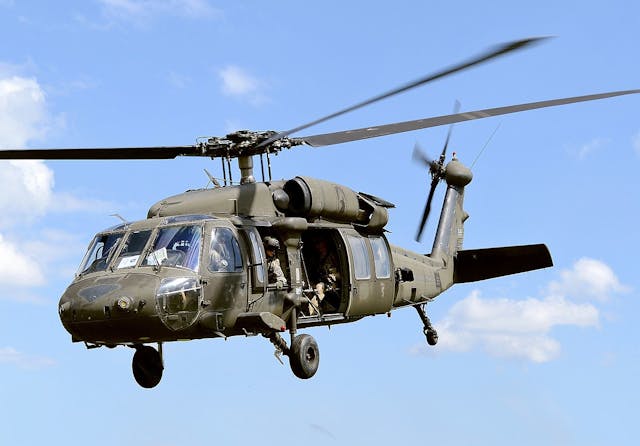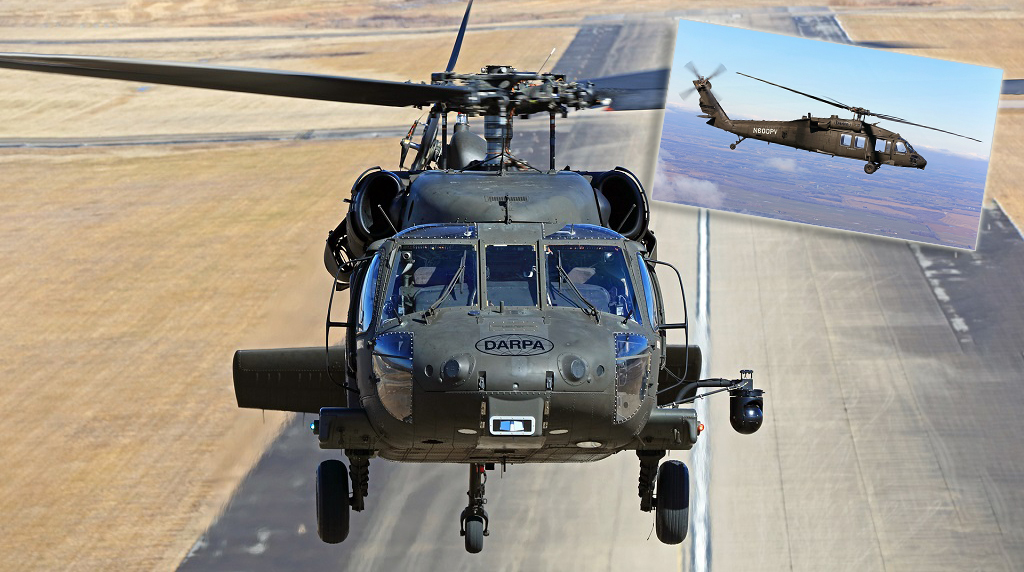UH 60 Helicopter: Advanced Avionics and Battle Systems
UH 60 Helicopter: Advanced Avionics and Battle Systems
Blog Article
The Effect of Sustainable Practices on the Future of Airplane Workflow and Emissions Decrease
As the air travel industry encounters enhancing scrutiny over its ecological influence, the fostering of lasting techniques emerges as an important path toward future aircraft procedures and exhausts decrease. Innovations in sustainable aeronautics fuels and innovations in hybrid propulsion technologies stand at the center of this improvement, encouraging substantial decreases in greenhouse gas discharges.

Introduction of Sustainable Practices
Sustainable methods in airplane operations encompass a variety of approaches focused on reducing ecological effect while keeping functional efficiency. These techniques are necessary in the aviation sector's commitment to reducing its carbon impact and sticking to worldwide ecological criteria. Secret efforts include optimizing flight paths to decrease fuel intake, improving maintenance methods to guarantee aircraft run at peak performance, and carrying out sophisticated innovations such as winglets and light-weight materials that boost the rules of aerodynamics.

Engaging and educating personnel on sustainability methods likewise play an essential role, promoting a culture of environmental duty within companies. In general, the assimilation of these lasting techniques not only aids reduce discharges however additionally boosts the long-lasting viability of the air travel market, guaranteeing it meets the demands of both customers and governing bodies while contributing to global sustainability objectives.
Cutting-edge Fuel Alternatives
Numerous innovative fuel alternatives are arising as critical remedies to reduce the aviation industry's reliance on standard nonrenewable fuel sources. Among these options, Sustainable Aeronautics Gas (SAFs) have gained substantial focus because of their prospective to decrease lifecycle greenhouse gas emissions by approximately 80% contrasted to conventional jet fuels. SAFs are originated from numerous feedstocks, including waste oils, agricultural deposits, and even algae, making them a functional alternative for the market.
An additional promising option is hydrogen fuel, which, when utilized in gas cells, creates only water vapor as a result. This zero-emission prospective presents a significant chance for decarbonizing trip operations, especially for short-haul flights and local aircraft. In addition, electric propulsion systems are being discovered, leveraging battery modern technology to power airplane. While existing battery ability restrictions variety and haul, continuous improvements may quickly provide electric flights feasible for particular applications - uh 60.
Finally, biofuels stemmed from biomass are being examined, providing a renewable alternative that can be blended with typical fuels. Collectively, these ingenious fuel options stand for an important action towards attaining a sustainable aviation community, aligning with international emissions reduction targets and enhancing the industry's ecological stewardship.
Technological Developments in Aeronautics

How can technological advancements improve the future of aeronautics? Advancements such as electrical and hybrid propulsion systems are at the center, appealing substantial decreases in fuel consumption and greenhouse gas exhausts.
Moreover, the execution of innovative materials, such as lightweight compounds, adds to enhanced the rules of aerodynamics and fuel effectiveness. The usage of expert system and artificial intelligence in flight operations enhances course planning and decreases fuel burn by making it possible for real-time adjustments based upon weather condition and traffic problems. Furthermore, the development of independent and remotely piloted airplane systems stands to change cargo and passenger transport, possibly raising efficiency while minimizing human error.
Additionally, lasting air travel modern technologies, including innovative browse around these guys air traffic monitoring systems, can simplify operations and decrease congestion, causing lower emissions throughout trip. These improvements collectively stand for a paradigm shift in aeronautics, promising a future where sustainability and functional efficiency are linked, thus sustaining the market's dedication to minimizing its ecological impact.

Governing Structure and Compliance
Because of the expanding focus on ecological stewardship within the air travel sector, the regulative framework controling airplane operations is progressing to advertise lasting techniques. Governing bodies, such as the International Civil Aviation Company (ICAO) and various national air travel authorities, are introducing strict standards focused on lowering emissions and enhancing functional efficiency.
These laws frequently include the fostering of Sustainable Air travel Fuel (SAF), which has been acknowledged as a key element in achieving reduced carbon impacts. Furthermore, compliance with these policies calls for airline companies to apply innovative technologies and operational techniques, such as optimized flight courses and enhanced air web traffic monitoring, to reduce gas intake.
Additionally, the enforcement of emissions trading plans and carbon offsetting campaigns is becoming progressively Recommended Reading common, engaging airline companies to keep an eye on and report their exhausts properly. Non-compliance can result in you can check here considerable penalties, therefore pressing operators to focus on sustainability in their company models.
Inevitably, the evolving regulatory landscape not only drives advancement and financial investment in eco-friendly innovations yet likewise promotes a culture of accountability within the aeronautics industry. As these structures remain to create, the concentrate on sustainable methods will certainly be essential to attaining the market's long-term ecological objectives.
Future Trends in Airplane Procedures
As the air travel market adapts to an increasingly rigid governing atmosphere, future patterns in aircraft operations are established to concentrate on ingenious services that further enhance sustainability and effectiveness - uh 60. Secret developments will likely consist of the fostering of sophisticated air traffic monitoring systems, which use real-time data and expert system to enhance flight paths, lowering fuel usage and emissions
One more considerable fad is the boosted combination of sustainable aviation gas (SAFs) These alternatives to traditional jet gas, obtained from sustainable sources, can considerably reduce lifecycle greenhouse gas emissions. The industry's commitment to SAFs will likely speed up as airline companies collaborate with fuel producers to make sure accessibility and cost-effectiveness.
Furthermore, the press towards electrification and crossbreed propulsion systems is gaining energy. Arising aircraft designs will include these modern technologies, providing quieter and more effective operations, especially for short-haul trips.
Conclusion
The fostering of sustainable aeronautics fuels, paired with advancements in hybrid and electrical propulsion systems, is important for reducing lifecycle greenhouse gas discharges. Optimizing trip paths and accepting innovative technologies add to a quieter and more eco friendly air travel sector.
Advancements in sustainable aeronautics gas and developments in crossbreed propulsion modern technologies stand at the leading edge of this transformation, appealing significant decreases in greenhouse gas exhausts.Countless ingenious fuel choices are emerging as critical remedies to lower the air travel industry's dependence on standard fossil fuels - uh 60. Amongst these choices, Sustainable Aeronautics Fuels (SAFs) have actually obtained considerable focus due to their possible to reduce lifecycle greenhouse gas exhausts by up to 80% contrasted to conventional jet gas.One more substantial trend is the increased combination of lasting aeronautics fuels (SAFs) The adoption of lasting aeronautics gas, coupled with innovations in electric and hybrid propulsion systems, is necessary for reducing lifecycle greenhouse gas exhausts
Report this page